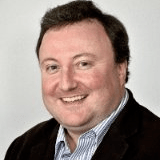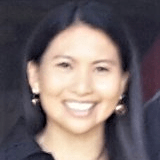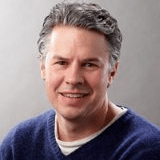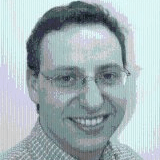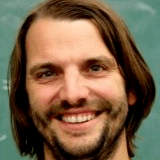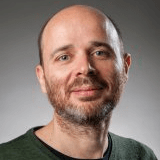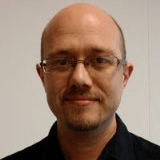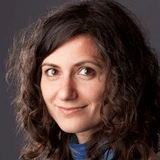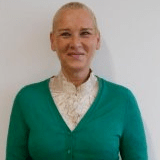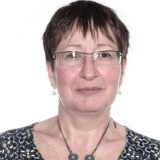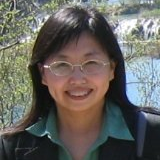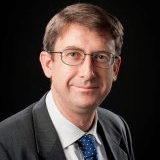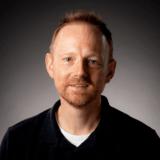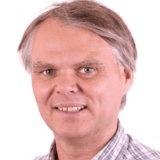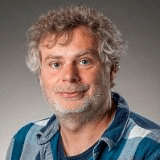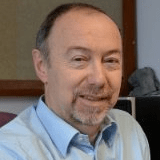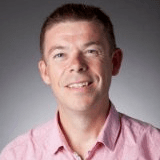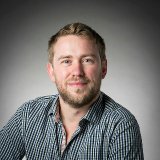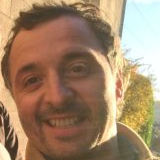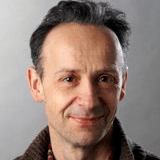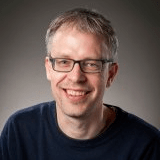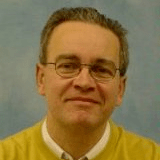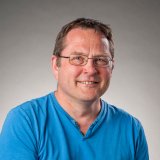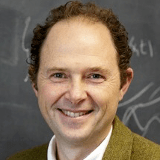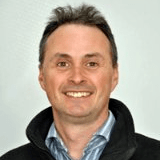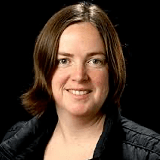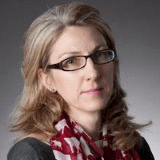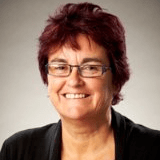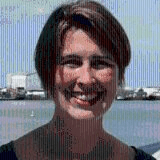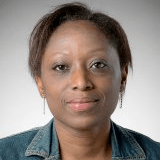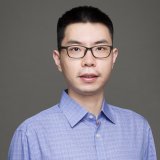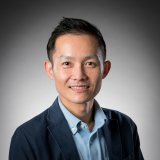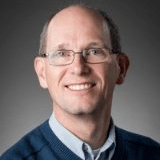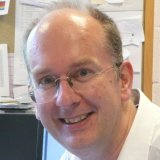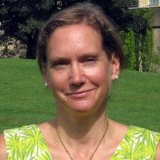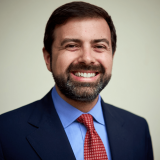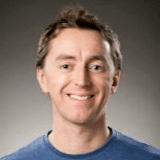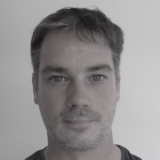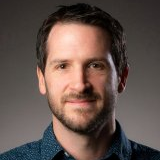Tom’s research falls into two main areas: the first is sustainable water and waste water treatment, and the second is novel drug delivery systems for healthcare and food applications.
Sheila Samsatli
Sheila’s research interests focus on multi-scale mathematical modelling and optimisation, and their application to engineering problems (such as process synthesis and integration, whole systems design and operation, production planning and scheduling, supply/value chains, location, transportation problems etc). She is interested in applying these ideas to water networks and infrastructure, and within the water-energy-food nexus and the marine environment.
Roy Maconachie
Roy’s research in Sub-Saharan Africa explores the social, political and economic aspects of food production and natural resource management, and their relationships to wider societal change.
Robert Watson
Robert’s research focuses on RF engineering, antennas, radio propagation and GNSS.
Robert Scheichl
Robert’s interests are in the design and analysis of efficient and robust parallel numerical methods for engineering and physical problems with heterogeneous material properties that vary over multiple scales. This is typical in energy and environmental applications, but also in material science and manufacturing. He is particularly interested in multilevel and multiscale methods for partial differential equations with strongly varying and high contrast coefficients, in particular domain decomposition and multigrid methods, preconditioners for systems of PDEs, iterative eigensolvers, and multiscale discretisation techniques with applications in oil reservoir simulation, radioactive waste disposal, numerical weather and climate prediction, novel optical materials or composite materials. More recently his particular focus has been on the interface between computational mathematics and statistics/probability.
Pedro Estrela
Pedro’s research focuses on the development of label-free electrical biosensors and chemical sensors for a wide range of applications such as medical diagnostics and environmental monitoring. His research interests include label-free electrical detection of biomolecular interactions, biologically sensitive field-effect devices, detection of DNA, proteins, bacteria, cells, ions and small molecules, electrochemical impedance spectroscopy of biological systems, use of solid state devices in aqueous environments, surface biofunctionalization, electronic addressing of microarrays, nanobiosensors and microfluidics.
Nick McCullen
Nick is interested in how the complex interactions between the various components, such as buildings, technology, the environment, and people, result in the energy consumption of the built environment.
Mirella Di Lorenzo
Mirella’s expertise lies at the interface of bioelectrochemistry, microengineering, microfluidics, sensing technology and material science. Her work addresses development challenges such as the water-energy-food security and global health, by developing eco-friendly and sustainable solutions affordable to all. Her research focuses particularly on the development of innovative biological fuel cell (BFC) designs for either energy harvesting, water quality monitoring or healthcare applications and on low-cost designs that can lead to devices affordable everywhere in the world. As such, she explores the uses of recyclable, biodegradable and low-cost materials.
Marion Harney
Marion’s main research interests are the history and theory of historic buildings, cultural heritage, designed and cultural landscapes, World Heritage Sites and their conservation, with a particular interest in eighteenth century architecture, landscape and literature and how literature reflects and shapes the way in which we see the landscape and the environment.
Linda Newnes
Linda’s research focuses on whole life value analysis (monetary, environmental and societal costs) from concept design through to the in-service/in-use phases.
Jun Zang
Jun works on investigating violent wave impact on coastal and offshore structures, developing marine renewable energy, and developing advanced numerical methods for accurately modelling coastal & urban flooding and wave-structure interaction.
Jonathan Dawes
Jonathan’s research focuses on applied dynamical systems, bifurcation theory and dynamics with symmetry, pattern formation, mathematical biology and fluid mechanics.
Joe Devine
Joe’s research focuses on poverty, inequality, vulnerability, and South Asia.
Jannis Wenk
Jannis’ research investigates both physical and chemical water treatment, including developing more efficient technologies for gas transfer, investigate novel types of process combinations in engineered and nature-oriented treatment scenarios, such as constructed wetlands, and to further explore oxidative water treatment for example, ozonation, UV-light and radical induced processes as an important step to remove aqueous contaminants, pathogens and avoid spread of antimicrobial resistance. Current research in his group also investigates fate of microplastics in constructed wetland and separation technologies for microplastics.
Ivan Astin
Ivan’s research interests lie in the remote sensing of the atmosphere and ionosphere using radio signals.
Edward Feil
My research interests lie in using sequence data to study bacterial pathogens, both from a point of view of managing infections (molecular epidemiology) but also in terms of understanding fundamental evolutionary dynamics.
David Leak
David work on microbial metabolic engineering for production of chemicals from renewables, and bioprocessing for biopharmaceutical production. David is also interested in applied biocatalysis.
Christopher Frost
Christopher’s research involves creating new chemical tools for catalysis and biosensing.
Chris Chuck
Chris’ research is multidisciplinary and investigates renewable alternative fuels and bioproducts. The aim is to develop this research into a sustainable biorefinery where fuels, chemicals and animal feed can be produced economically without impacting heavily on food and fresh water resources.
Benedek Plosz
Benedek’s research interests include assessing the fate of trace organic chemicals in urban water systems (pharma, drug biomarkers), computational fluid dynamics of bioengineered water systems, and biogeochemical used-water resource recovery.
Barbara Kasprzyk-Hordern
Barbara’s research focuses on environmental pollution, environmental epidemiology, water quality/water treatment and analytical chemistry. Barbara is particularly interested in water pollution and novel technologies used to decrease contamination of water. Recent interests are related to urban water and human epidemiology.
Alistair Hunt
Alistair’s research is applied and relates directly to the formulation of environmental policy. Current areas of interest include climate change risks, adaptation and mitigation in local and national contexts, and non-market valuation, with focus on stated preference methods and value transfer.
Thomas Kjeldsen
Thomas works on flood frequency, catchments, peak flow, urbanization, design flood, frequency analysis, climate and hydrology.
Philippe Blondel
Philippe’s research focuses on marine acoustics and innovating imaging, seabed and habitat mapping, ambient noise underwater, marine renewable energies and space imaging (planetary and asteroid studies, situational awareness, space debris).
Philip Salmon
Philip investigates the atomic scale structure and dynamics of liquids and glasses. The systems that he investigates include water and both aqueous and non-aqueous solutions, where subjects of interest include the nature of ion-solvation and the properties of hydrogen bonded networks (e.g., quantum effects) under ambient or extreme (hydrothermal) conditions. Other systems of interest include oxide and chalcogenide glasses at both ambient and extreme (high pressure and temperature) conditions, and the adaptation of these glasses for photonic and battery applications. Extensive use is made of both neutron and x-ray scattering methods. Sample preparation tools include a high-pressure and temperature press, and sample characterisation methods range from calorimetry to hardness testing.
Philip Cooper
Philip studies the interface between accounting and the environmental impacts of economic activity (how non-financial reporting at the corporate level can be optimised to support decision-making, including through the use of values derived from environmental economic techniques). Philip extends perspectives on the accounting entity and environmental impacts, considering aggregates such as economic sectors and countries (a recent pan-European, cross-disciplinary EC Framework VI project on the marine environment, and the role of the accountant in achieving sustainable development).
Paul Milewski
Paul’s research focuses on internal waves in the atmosphere and ocean, surface water waves and the modelling of physical and biological processes.
Michael Bird
Michael works on biochemical and food process engineering, interaction between surfaces and bioproducts (stainless steel equipment and in pressure driven synthetic membrane systems), fouling and cleaning of surfaces. Mike’s work has a strong relevance to improving product quality, and reducing downtime, water and chemical consumption.
Marcelle McManus
Marcelle’s research focuses on sustainability, whole systems life cycle impacts of products and systems – particularly low carbon technologies and energy systems. Marcelle works on both technology innovation and improvement and life cycle and whole systems methodological development. Marcelle is working to identify the least environmentally damaging mechanisms to replace our current reliance on fossil fuels. Marcelle has a particular interest in emerging technologies and systems and the development of methodologies to support analysis and assessment.
Lucy O’Shea
Lucy’s research is in the area of waste management. Her disciplinary background is economics, so she is interested in how regulation can incentivise pro-environmental behaviour. She is also interested in the effects of regulation, e.g. how different measures interact with each other, as well as, their effects on industry.
Julie Barnett
Julie works within social science and focuses on human behaviour and communication. Julie’s research concerns early warning systems and people’s judgment/ understanding of risk, and upstream/up pipe thinking. Julie is interested in designing new technologies that account for human acceptabilities.
Lee Bryant
Lee researches oxygen in natural systems and its influence on water quality. Lee works on aerating reservoirs in partnership with Jersey Water, Welsh Water and Bristol Water, looking at manganese and nutrients. Lee also works with modellers on predictive capability. Finally, some of Lee’s work is conducted in Africa (Sierra Leone) on urban agriculture schemes involving constructed wetlands.
Kemi Adeyeye
Kemi researches risks, opportunities and trade-offs in the urban and rural environments. Kemi’s work considers a holistic view of problems and identifies best solutions to issues in terms of technology, cost, management and adaptability. Kemi’s research interests include integrated design and planning, architectural technology, sustainability and resource efficiency (water) and resilience in modern and heritage contexts.
Junjie Shen
Junjie works on contaminant removal, capacitive deionisation and water treatment systems.
Julian Padget
Julian’s research focuses on multiagent systems; agent-based simulation; sensor architectures; IoT; energy and air quality monitoring; distributed ledgers; fusing symbolic and statistical AI; policy modelling; security and privacy.
John Chew
John’s research focuses on green cleaning (fouling and cleaning of surface layers in the food, textile, polymer processing, membranes and biotechnological industries). John works on the design and development of multi-functional adsorbent structures for air purification. John also studies the hydrodynamics and interfacial interactions of small scaled fluid particles with their continuous phase during the course of their movements in a piece of equipment (in processes such as wastewater treatment, fermentation and surface cleaning).
Jan Hofman
Jan’s research focuses on sustainable solutions in the water cycle, sustainable water management, and water security. Jan also studies the origin, fate and abatement options for emerging contaminants, thermal energy recovery from water and wastewater and resource recovery from wastewater and water treatment residuals. Finally, Jan’s work involves water demand and sewer modelling and water treatment.
Frank Marken
Frank’s research involves electrical chemistry and exploring the use of new materials. He also studies porous polymers / membranes to enable ion transport. Frank focuses on biological membranes and researching and mimicking their operation. Frank also work on desalination and the use of energy to remove salts.
Emma Emanuelsson Patterson
Emma analyses, optimises and designs chemical, biochemical and photocatalytic reactions and reactors. Her work combines in-situ reaction analysis techniques with traditional reaction investigation methodologies and mathematical analysis. In combination with reactor design, this allows for the development of novel and environmentally sustainable processes. Emma’s research includes 3D printing to develop an efficient, portable and low-cost continuous system for the treatment of contaminated drinking water. Emma also works in the optimisation of immobilisation protocols; investigation of reaction kinetics both experimentally and theoretically; reaction design and application of microbial tools (such as fluorescence in-situ hybridisation) applicable to wastewater treatment, food and the chemical and pharmaceutical industries.
Davide Mattia
Davide works in the application of membrane science – increasing their lifetime, reducing fouling, 3D membranes, chemical treatment and plant shutdowns. Davide’s research also focuses on the novel water treatment in waste and drinking water, e.g. photo-catalytic foams – a tertiary treatment to remove emerging contaminants (drugs etc). Finally, Davide studies the use of cellulose micro-beads to replace plastic in treatment systems.
Chris Blenkinsopp
Chris works within coastal engineering. His research focuses on wave/beach (low cost protection systems for developing countries), wave mechanics / sediment movement, and sea level rise and coastal protection.
Andrew Hillis
Andrew’s research focuses on wave energy, dynamics and control systems and direct drive desalination.
Alan Hunter
Research interests are in underwater acoustics, signal processing, imaging, and machine intelligence. He is particularly interested in applications in underwater remote sensing using sonar and marine robotics.

